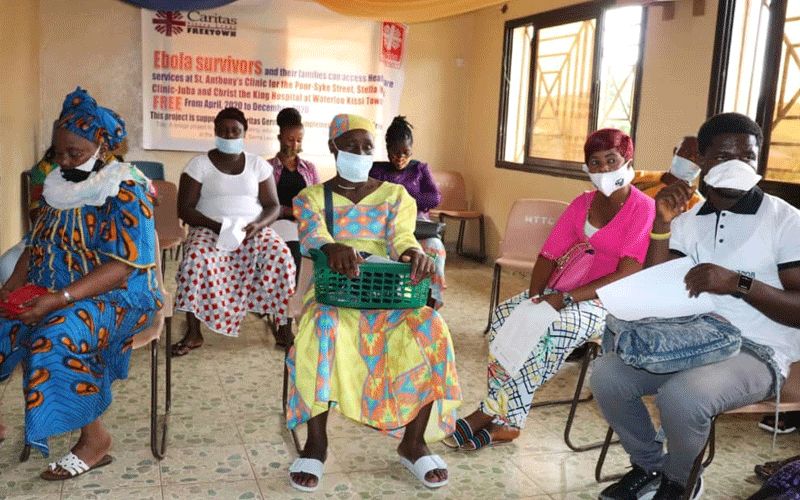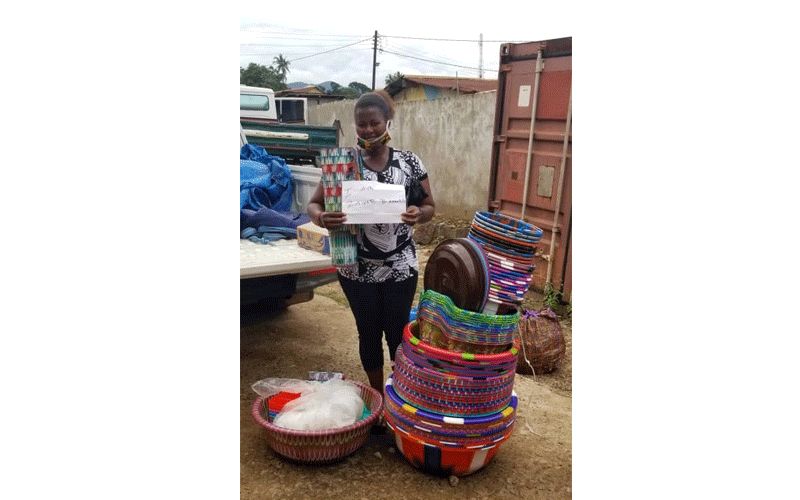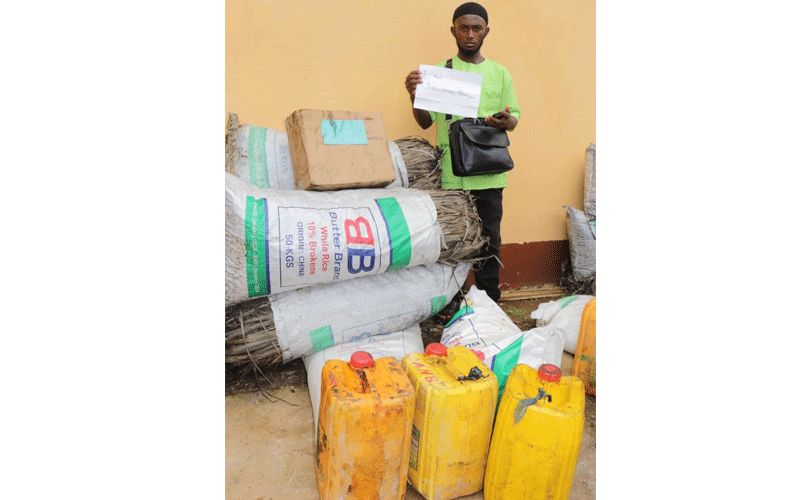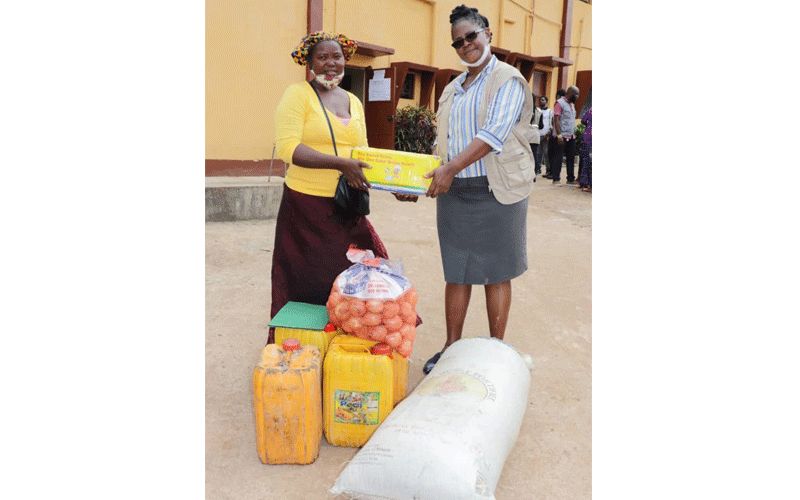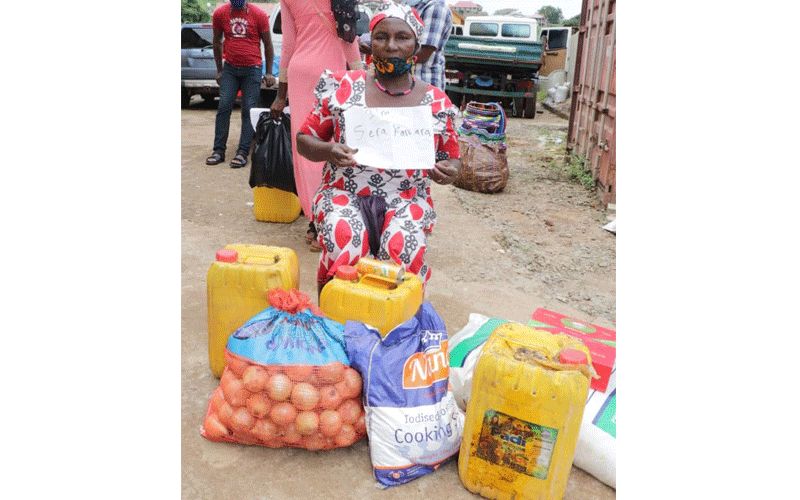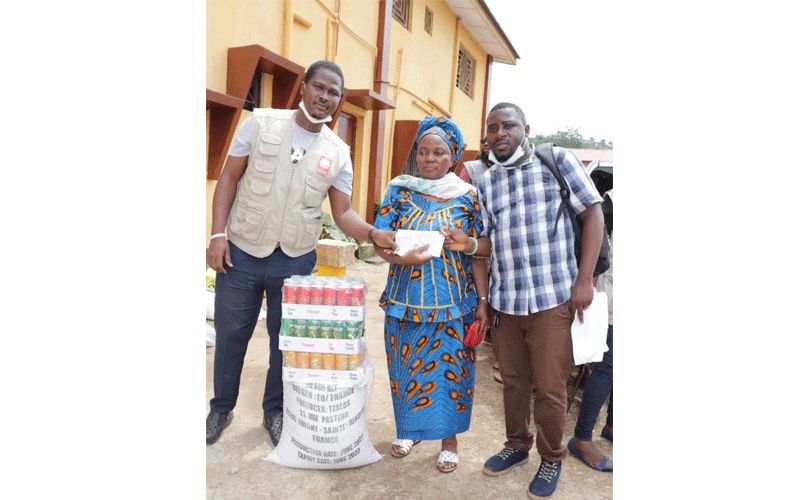Freetown, 12 September, 2020 / 11:08 pm (ACI Africa).
Some 50 Ebola survivors in Sierra Leone, all of them bearing the scars of the disease that killed at least 3,000 people in the west African country, gathered at Hastings town in the rural area of the country to sign up for different business ventures in a project designed by the charity arm of the Archdiocese of Freetown to restore dignity among the survivors.
The Wednesday, September 9 event was a culmination of a market survey assessment that Caritas Freetown was engaged in last month to identify suitable business ventures for the Ebola survivors who lost their sources of livelihoods in the aftermath of the 2014-2016 epidemic that left thousands in Sierra Leone with irreversible damages.
In an interview with ACI Africa on Thursday, September 10 following the handing over of business equipment to the 50 beneficiaries of the entrepreneurship project, Caritas Sierra Leone Programs Manager, Ishmeal Charles said the businesses are aimed at providing the survivors with sources of income and restoring their dignity and socio-economic well-being.
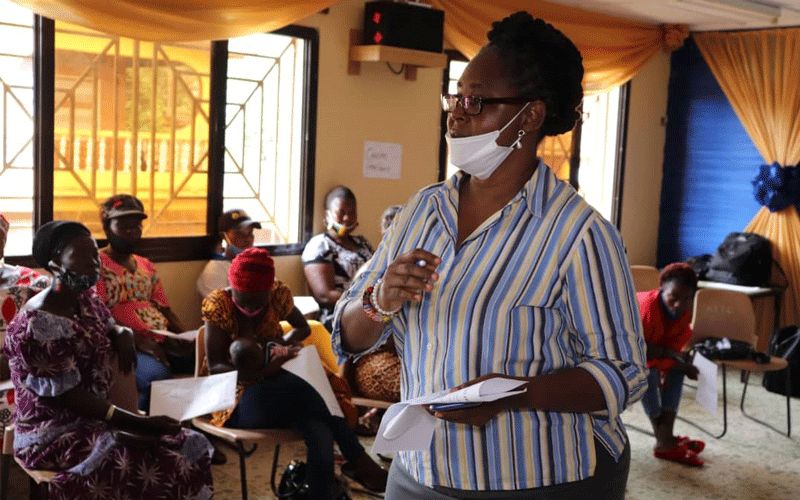
He said that though a lot had been done to deal with societal stigma among survivors who suffer from different health complications, including hearing loss, early menopause, persistent headaches and more than ten other complications, a lot still needed to be done to ensure that the survivors had sources of livelihood.



